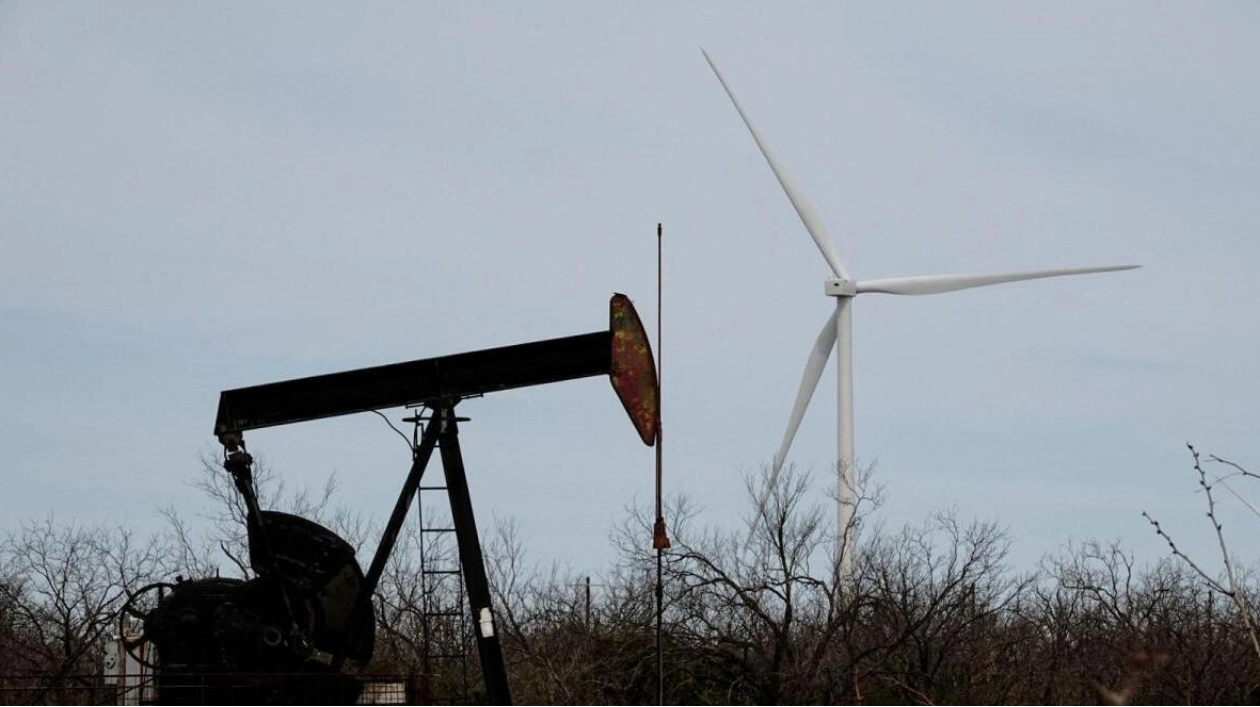The discount for U.S. sour crude Mars has significantly widened this month, reaching its highest level since October, according to broker data. This week, the discount to West Texas Intermediate crude (WTI) at the Cushing, Oklahoma, hub expanded to $2.10 per barrel on Friday, the lowest since October 3, as reported by LSEG. The differential further increased by 10 cents to $2.20 on Monday, coinciding with the WTI front-month expiry and a half-day roll trading period, known for its volatility. Traders typically adjust their positions during this roll period. By Wednesday, the discount had slightly narrowed to $1.90.
The decline in Mars crude is attributed to refiners experiencing reduced profit margins due to weaker gasoline cracks, which have been impacted by a slow start to the U.S. summer driving season. This season, the gasoline crack premium reached about $25 per barrel, compared to last summer's high of just over $41 per barrel. Livia Gallarati, an Energy Aspects oil markets analyst, noted that weak margins could lead to lower demand for sour grades compared to sweeter ones.
U.S. refinery crude runs dropped by 521,000 barrels per day (bpd) last week, according to the Energy Information Administration (EIA), marking a 10-week low. However, gasoline product supplied, a measure of demand, increased by 673,000 bpd, the largest weekly rise since November. Despite this, Mars crude values might continue to decrease due to weakened Asian demand for U.S. grades, especially after India's Reliance Industries received approval to resume importing Venezuelan oil.






